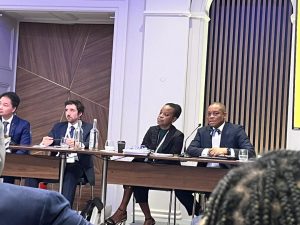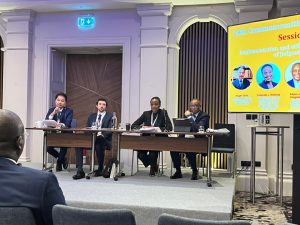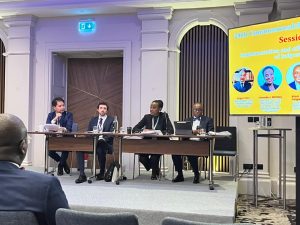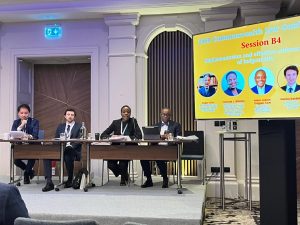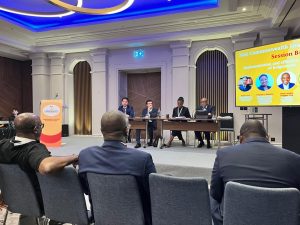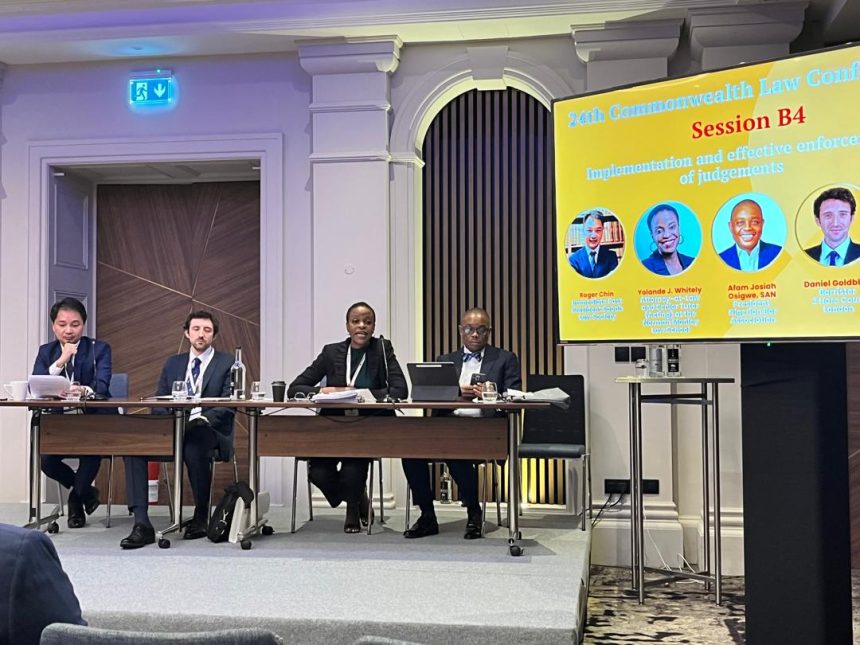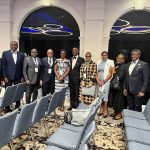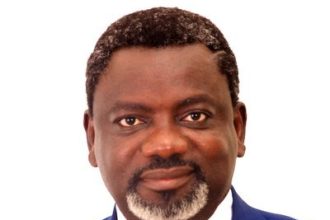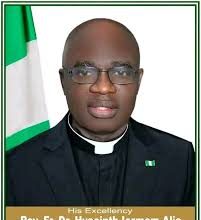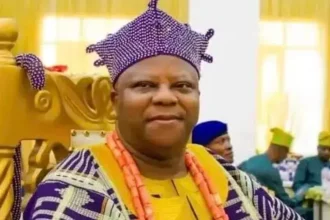The President of the Nigerian Bar Association (NBA) delivered a compelling presentation at the Commonwealth Lawyers Association (CLA) Conference in Malta, addressing the theme “Enforcement Complexities of Arbitral Awards and Sovereign Immunity.” His presentation provided a national perspective, drawing on Nigeria’s legal experience and contributions to international arbitration and the doctrine of state sovereignty.
Read More:
NBA WOMEN FORUM SETS FOR APRIL CONFERENCE: FCT STATE LEAD VISITS NBA PRESIDENT

He began by highlighting Nigeria’s Arbitration and Conciliation Act, emphasizing its express provisions that facilitate the enforcement of arbitral awards. He explained how the Act works within the framework of reciprocity, allowing Nigeria to recognize and enforce arbitral awards from countries that accord similar recognition to Nigerian awards—thereby strengthening global arbitration cooperation.
Expanding the discussion, the NBA President referenced Nigeria’s Foreign Judgments (Reciprocal Enforcement) Act, noting how it complements the arbitration regime. The Act outlines procedures for the recognition and enforcement of foreign court judgments, reinforcing Nigeria’s commitment to international standards in dispute resolution.
On the issue of sovereign immunity, he explained that it presents challenges at two critical arbitration stages—jurisdiction and execution. While sovereign states may waive immunity, particularly in commercial contracts and treaties with arbitration clauses, enforcement remains practically complex due to the sensitivity of state sovereignty.
He acknowledged the critical role of the New York Convention, which obligates signatory countries to recognize and enforce arbitration agreements and awards, with only limited exceptions. This international instrument, he said, remains a cornerstone in advancing cross-border enforcement and investor confidence.
To illustrate the risks involved, the NBA President cited the Sulu Arbitration Award, a politically sensitive and controversial case that exposed challenges like forum shopping, third-party funding, and the strategic manipulation of arbitration processes. The case underscores the necessity of credible and well-guarded international arbitration systems.

In conclusion, the NBA President advocated for clearer, consistent, and enforceable global mechanisms. He emphasized the need to balance state sovereignty with accountability, encouraging ongoing legal reforms and collaboration across jurisdictions. His presentation firmly positioned Nigeria as a thoughtful and proactive participant in shaping the future of global arbitration.
More Photos:
